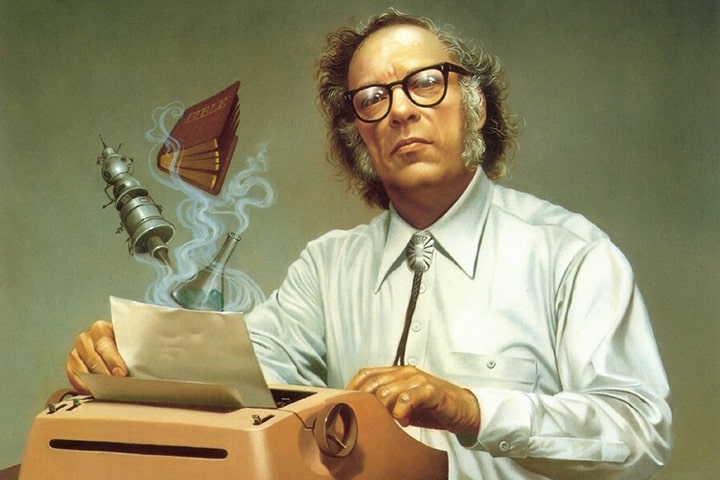А якщо... (3)
Und wenn... (3)
And if... (3)
Et si... (3)
— Все ж таки головоломка складається лише таким чином.
— After all, the puzzle is assembled only in this way.
— Так, — відповів Норман.
Вона торкнулася його руки.
She touched his hand.
— І все одне вийшло недобре.
- And it all turned out badly.
Марно я це затіяла.
I did it in vain.
Я думала, якщо ми належимо
I thought if we belong
один одному, значить і всі інші — ті, якими стали б ми, якщо б життя склалося інакше, — теж належали б один одному.
to each other, which means that everyone else - those who we would have become if life had turned out differently - would also belong to each other.
А насправді неважливо, що могло б бути.
And in fact, it doesn't matter what could happen.
Досить і того, що є. Розумієш?
Enough of what is. do you understand
Норман кивнув.
Norman nodded.
— Є ще тисячі різних "а якщо", — сказала Ліві.
"There's a thousand other what ifs," said Livy.
— І я не хочу знати, що б тоді було.
— And I don't want to know what would happen then.
Ніколи більше навіть слів таких не скажу: а якщо...
I will never say such words again: what if...
— Заспокойся, рідно, — сказав Норман.
"Calm down, man," Norman said.
— Ось твоє пальто.
- Here is your coat.
І потягнувся за валізами.
And reached for the suitcases.
И потянулся за чемоданами.
Ліві раптом сказала різко:
Livy suddenly said sharply:
Левые вдруг сказала резко:
— А де ж містер Якщо?
- And where is Mr. If?
Норман поволі обернувся, навпроти нікого не було.
Norman slowly turned around, there was no one in front of him.
Обидва уважно обдивилися салон.
Both carefully looked around the interior.
Оба внимательно осмотрели салон.
— Можливо він перейшов до іншого вагону?
- Maybe he moved to another car?
— Может, он перешел в другой вагон?
— сказав Норман.
— Але чому?
– Но почему?
І потім, він би тоді не залишив капелюха.
And then, he wouldn't leave the hat then.
И потом, он бы тогда не покинул шляпу.
– Ліві нахилилася й хотіла взяти його з лавки.
- Livy bent down and wanted to take him from the bench.
– Леви наклонилась и хотела взять его со скамейки.
— Якого капелюха?
- What kind of hat?
- Какой шляпа?
— запитав Норман.
– спросил Норман.
Ліві завмерла, рука її зависла над порожнечею.
Livy froze, her hand hovering over the void.
Леви замерла, рука ее повисла над пустотой.
— Він був тут... я ледь-ледь до нього не доторкнулася!
"He was here... I almost touched him!"
— Он был здесь... я едва к нему не прикоснулась!
– Ліві випросталась.
- Livy straightened up.
– Левые выпрямилась.
—
Нормане, а якщо...
Норман, а если...
Норман притиснув палець до її губ.
Norman pressed a finger to her lips.
Норман прижал палец к ее губам.
— Рідно моя...
- My hometown...
— Пробач, — сказала вона.
"I'm sorry," she said.
— Дай я допоможу тобі з валізами.
- Let me help you with the suitcases.
– Дай я помогу тебе с чемоданами.
Потяг упірнув до тунелю під Парк-авеню й перестук коліс обернувся на грім.
The train pulled into the Park Avenue tunnel and the clatter of wheels turned to thunder.
Поезд нырнул в тоннель под Парк-авеню и перестук колес обернулся на гром.

